Black Monday takes you back to October 19, 1987, the worst stock market crash in the history of Wall Street. This is the story of a group of outsiders who end up crashing the world’s largest financial system.
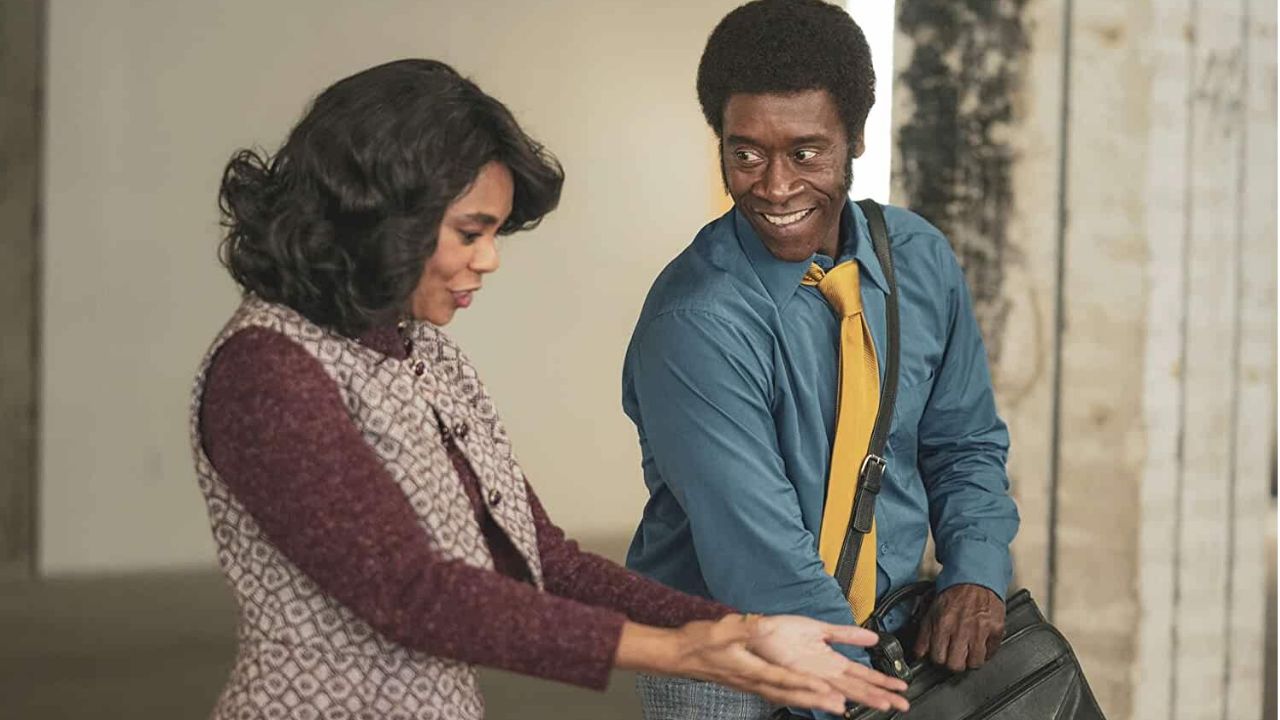
There are plentiful drugs and excess energy throughout the sho. The outrageous comedy series stars Don Cheadle, Andrew Rannells, Regina Hall, and Paul Scheer, and is a Seth Rogen-produced show.
1. Quick Review
Black Monday is crammed with references about its late-1980s setting. From graffiti-streaked subways to distressed denim to jokes, this show has it all. It also holds the insult-heavy mood of an overheated Wall Street brokerage to the T.
Black Monday is centered around Mo Monroe (played by Don Cheadle) and his trading firm, the Jammer Group. A get-rich-quick scheme morphs into a shell game of figuring out who’s out to get whom.
With an inflated sense of power, sky high stakes, and bold occurrences of sexual harassment, Black Monday keeps you on your toes. The series’ sense of humor is undoubtedly its main appeal.
2. Is it worth watching?
Being a cable series had its perks for the show. Black Monday has a critically lauded cast, flexibility on episode length, and freedom from the censor. With an amazing soundtrack, this show seemed to have it all.
Unfortunately, amidst all of the happenings in the show, its characters appear flattened. There is little explanation and backstory given to the characters. Due to this, there is little character development seen throughout the show.
At the end of the day, the show is worth watching. With extra-period tracksuits, chunky jewelry, and shoulder pads, Black Monday proves to be an 80s-themed dance party with drugs, money, and a whole lot of laughs.
I. Plot
The first season follows Blair Pfaff (played by Andrew Rannels). He is an aspiring stockbroker on Wall Street who works for Maurice Monroe (played by Don Cheadle), a veteran stockbroker.
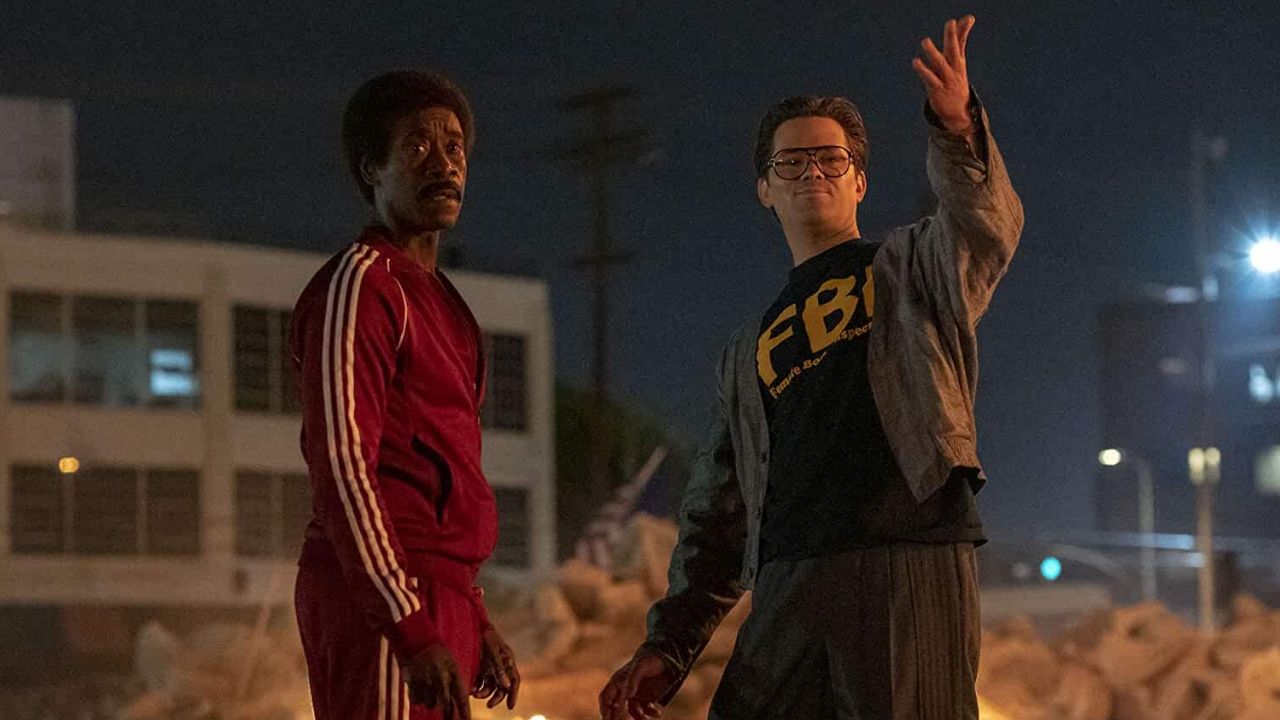
Blair endures workplace hazing to prove he’s tough enough for the high-stakes environment. Simultaneously, he tries to preserve his tense engagement to heiress Tiffany Georgina (played by Casey Wilson).
Monroe plans to use Blair to execute an underhanded business deal that involves buying out Tiffany’s family company, Georgina Jeans.
Dawn Darcy (played by Regina Hall) is the only woman among her coworkers. Her patience thins when it comes to Monroe’s unwillingness to recognize her value in the workplace. Her husband also wants to have children while she doesn’t. This leads to a rift in their marriage.
Keith (played by Paul Scheer) is a closeted homosexual who has an affair with a Broadway performer. Monroe struggles with the internal turmoil of reaching the high standards he sets for himself, as well as living under a false identity.
The shady deals, personal conflicts, and the journey of a pin create an increasingly elaborate mess as Black Monday approaches.
II. Music & Visuals
The music director of this series is Kris Bowers. He is an American composer and pianist. He has previously composed scores for video games, television shows, and documentaries. His works include Green Book, Dear White People, and Kobe Bryant’s Muse.
Bowers won the Thelonious Monk International Jazz Piano Competition in 2011 and a Daytime Emmy Award for Outstanding Music Direction and Composition in 2017 for his work in The Snowy Day.
The soundtrack of the first season includes songs like New York Minute by Don Henley, Let The River Run by Carly Simon, I Think We’re Alone Now by Aerial Territory, Jet by Paul McCartney and Allegro from the Four Seasons, Spring by the Royal Philharmonic Orchestra.
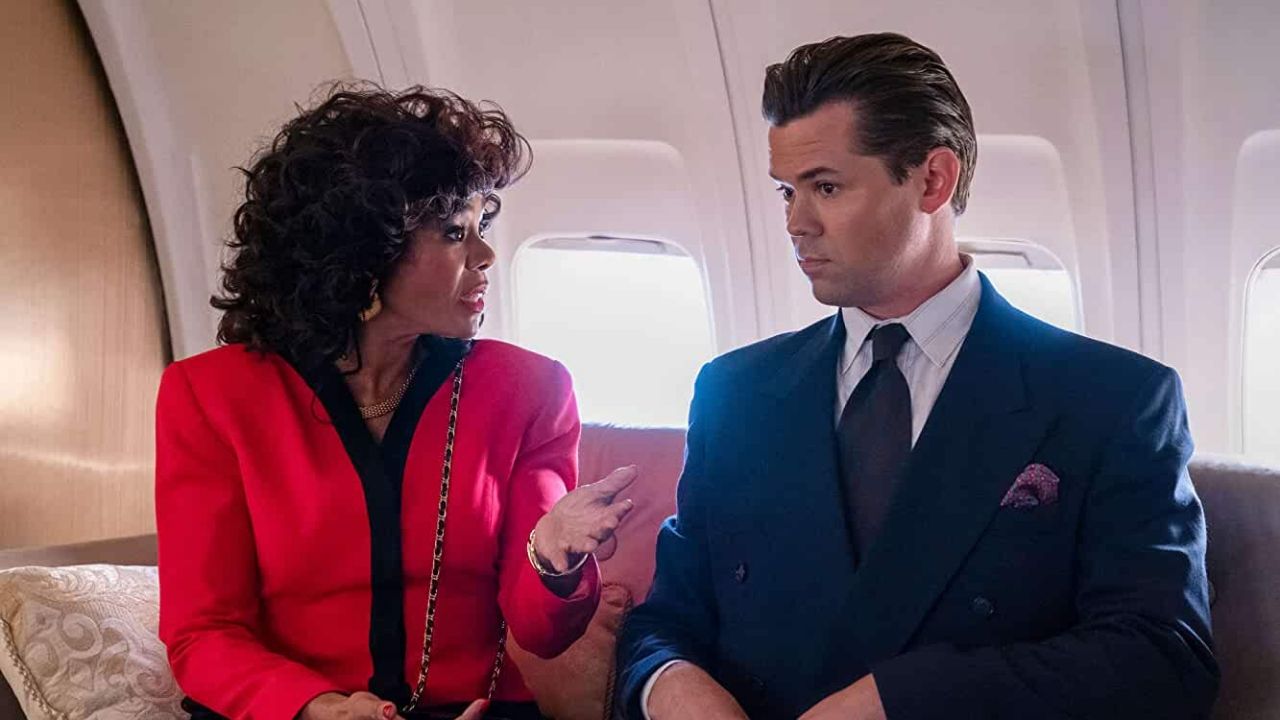
The show is packed with witty one-liners and visual gags. No matter how outlandish the scenario or dialogue might be, the moments of grounded clarity through its cinematography balance out the overall tone of the show.
3. Final Thoughts
The best way to describe Black Monday is as a dark farce. Having laid groundwork with its characters, season two earned the right to dial up the farce without going completely off the rails.
Unlike Mo and Blair, Dawn was never blindsided by the excesses that access can bring. That gender and racial inequality is what keeps her grounded and focused enough to become the true architect of the plan that caused Black Monday in season one.
In season two, we get a closer look at how her need to be valued motivates her further. Season two gives the much-deserved spotlight to her as she manipulates her way past the boys to get what’s hers.
4. Grade
5. Info
, rgba(0,0,0,0.4)), url('https://www.epicdope.com/wp-content/uploads/2020/06/Black-Monday-2.jpg'))
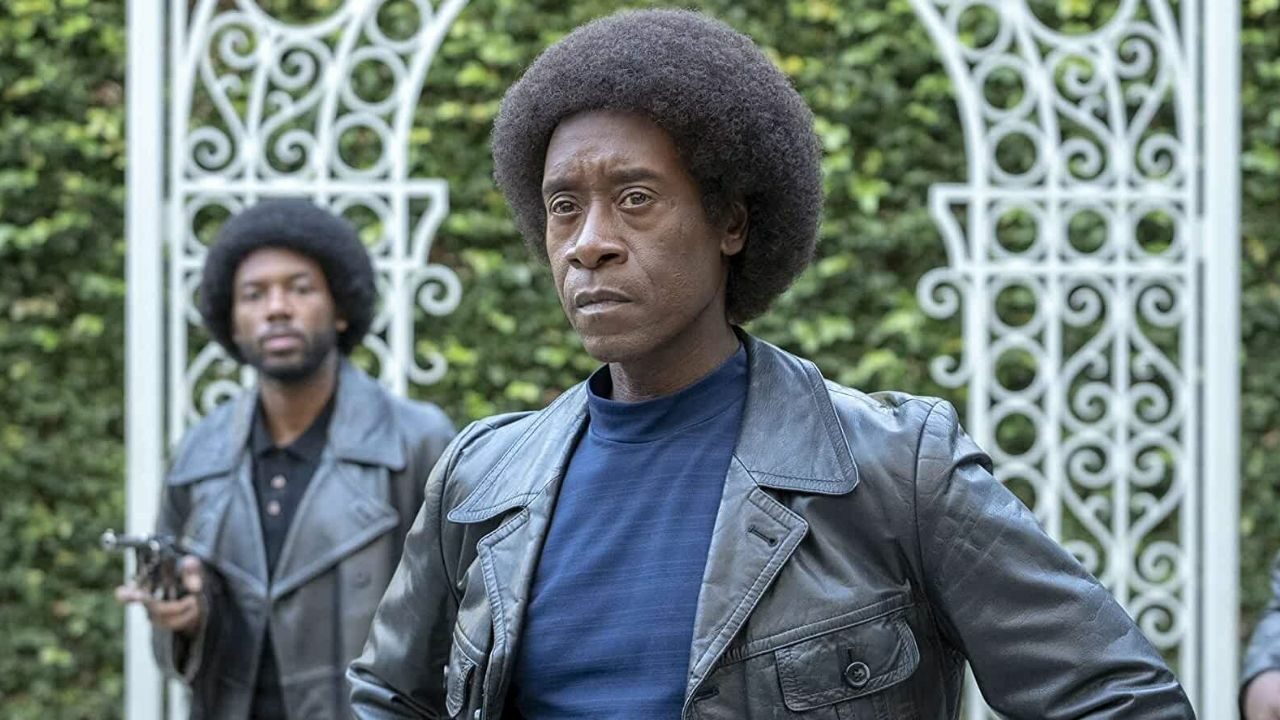

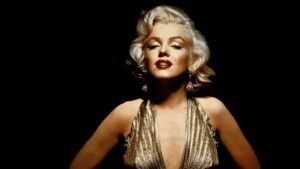

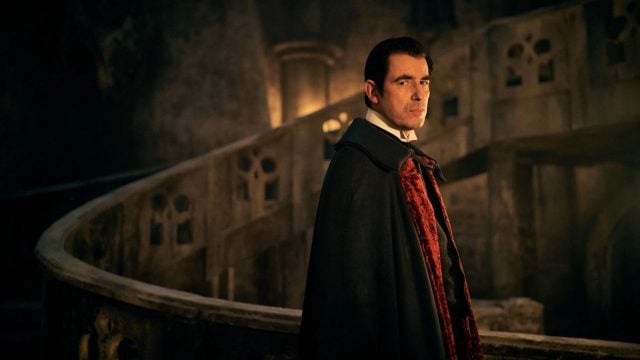




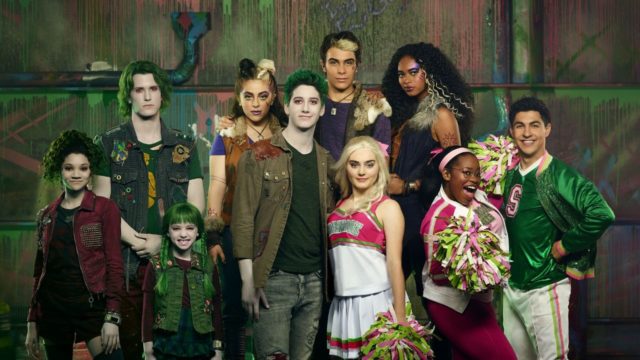
No Comments on Is Black Monday any good? A Complete Review